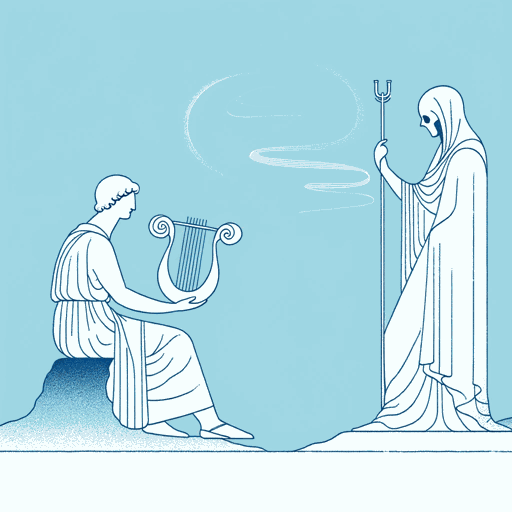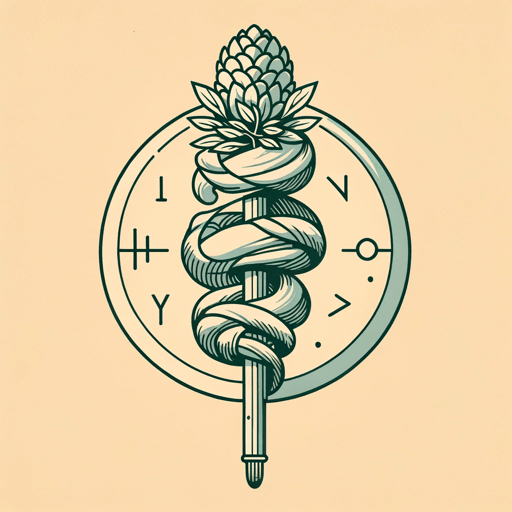45 pages • 1 hour read
EuripidesIphigenia in Aulis
Fiction | Play | Adult | Published in 410A modern alternative to SparkNotes and CliffsNotes, SuperSummary offers high-quality Study Guides with detailed chapter summaries and analysis of major themes, characters, and more.
Symbols & Motifs
Sacrifice
Sacrifice stands out as one of the central motifs of Euripides’ Iphigenia in Aulis. The sacrifice of Iphigenia is just the most obvious example, but the play also explores the sacrifices—literal or otherwise—that all people must make. Agamemnon, for instance, remarks in the prologue that
No mortal man has happiness
And fortune in all ways. He is
Born, every man, to his grief! (Lines 160-62)
This idea—so popular in ancient Greek literature and thought—informs the play’s depiction of universal sacrifices. Agamemnon must sacrifice his daughter in exchange for the glory of conquering Troy, while Iphigenia must let herself be sacrificed to become a savior of Greece. Clytemnestra, on the other hand, makes a very different kind of sacrifice, leaving behind her identity as a dutiful wife when she vows to avenge her daughter’s death on her husband. The characters have different motivations for their sacrifices. Some, like Agamemnon, are motivated by the whims of the gods and duty to the state. Others, like Iphigenia, are motivated by a sense of familial duty. The play explores the many ways in which people must make sacrifices to uphold the duties and values they hold dear.
Related Titles
By Euripides

Alcestis
Euripides

Cyclops
Euripides

Electra
Euripides

Hecuba
Euripides

Helen
Euripides

Heracles
Euripides

Hippolytus
Euripides

Ion
Ed. John C. Gilbert, Euripides

Medea
Euripides

Orestes
Euripides

The Bacchae
Euripides

Trojan Women
Euripides

